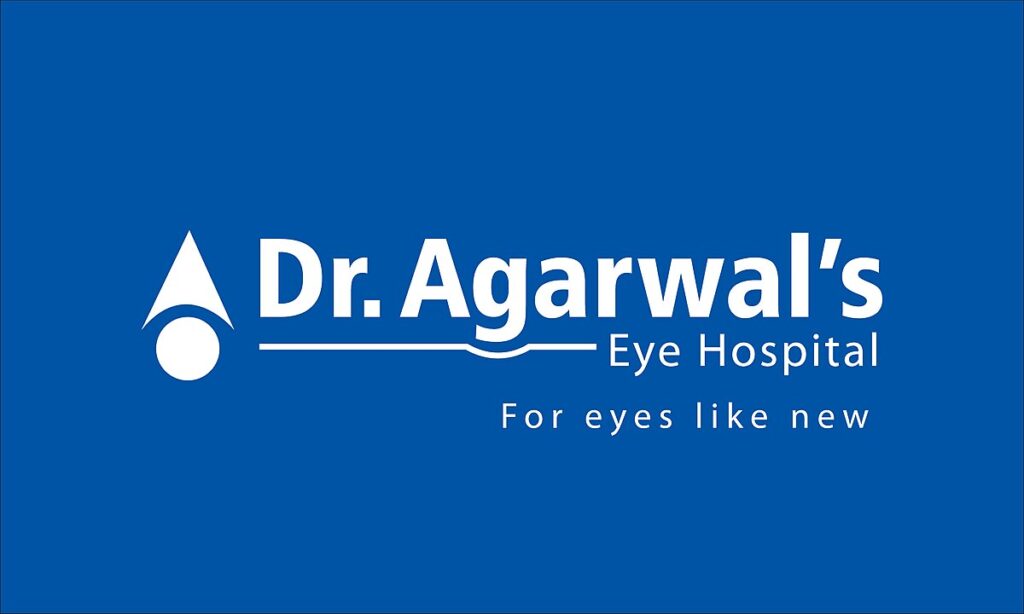Chennai, November 2024: “There are 101 million people diagnosed with diabetes and 136 million people diagnosed with prediabetes in India. Around 10% of individuals (approx. 1 in 10) with diabetes will develop some form of diabetic eye disease post 10 years of their diagnosis or even earlier. This can lead to severe vision loss or even blindness. However, a vast portion of diabetics population do not go for eye checkups because there is not enough awareness that diabetes could affect eyes as much as it does heart or kidney. Also, diabetic retinopathy can remain free of symptoms initially” said Dr. Manoj Khatri, Clinical Lead and Head, Department of Vitreo-Retina, Dr Agarwals Eye Hospital, Chennai.
“Regular screening and early detection of the risks of this disorder can help crores of Indians either to prevent or manage diabetes. Type 2 diabetes can even be prevented, or its onset can be delayed with a few lifestyle changes and healthy eating. Keeping blood sugar, blood pressure, and cholesterol in control; reducing weight, having good food, regular exercise, and leading a stress-free life can go a long way in diabetic patients preserving vision” added Dr. Manoj Khatri.
In view of the theme of “Breaking Barriers, Bridging Gaps” of the World Diabetes Day, 2024, which falls on November 14, Dr Agarwals Eye Hospital is organizing a two-week long free ophthalmic consultation in the city for diabetic patients who are 50 years or above, from November 14. The hospital offers consulting services also to people of all age groups by charging only 50% of the fee. For Registration: 95949 24048
In a media statement, Dr. Manoj Khatri said that diabetic retinopathy leads to abnormal growth of blood vessels in the eyes, and affects the vision by causing internal swelling/bleeding, blocking of fluids, damaging retina and optic nerves, and even displacing retina. Diabetic retinopathy can be diagnosed through a comprehensive eye examination of retina and macula. Treatment of diabetic retinopathy includes laser surgery to seal leaking blood vessels, injection of medications into the eyes to decrease inflammation as well as certain abnormal growth factors, and surgical procedure to remove and replace the gel-like fluid in the back of the eye to repair a retinal detachment or vitreous hemorrhage.







More Stories
SIMS Hospital Performs India’s First Combined Open-Heart Valve Replacement and TAVR Valve-Specialised Aortic Graft Surgery
Kauvery Hospital’s 24×7 Diabetes Helpline Crosses 1500 Days of Lifesaving Support Across Tamil Nadu
Apollo Cancer Centres Launches Dedicated Robotic Pancreatic Surgery Program